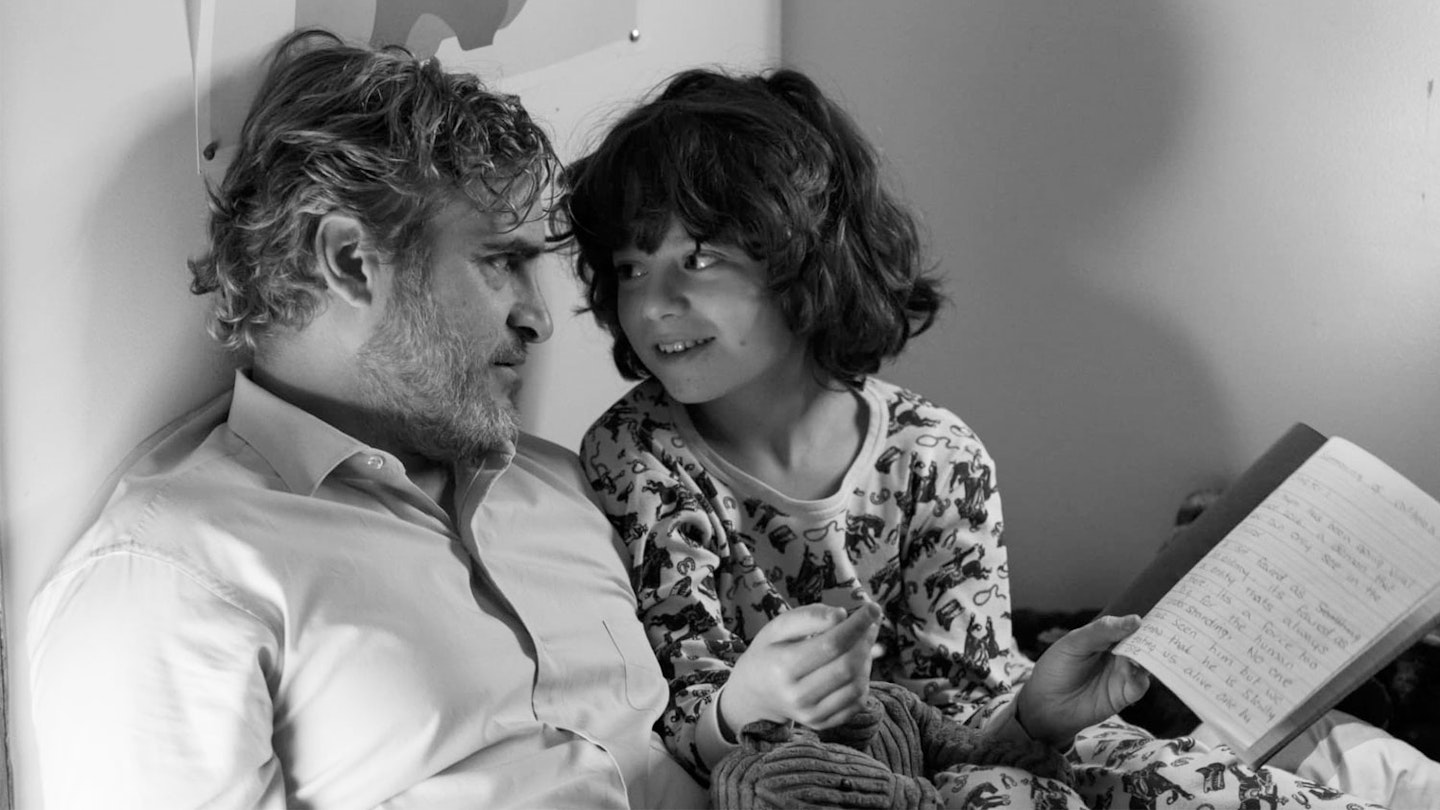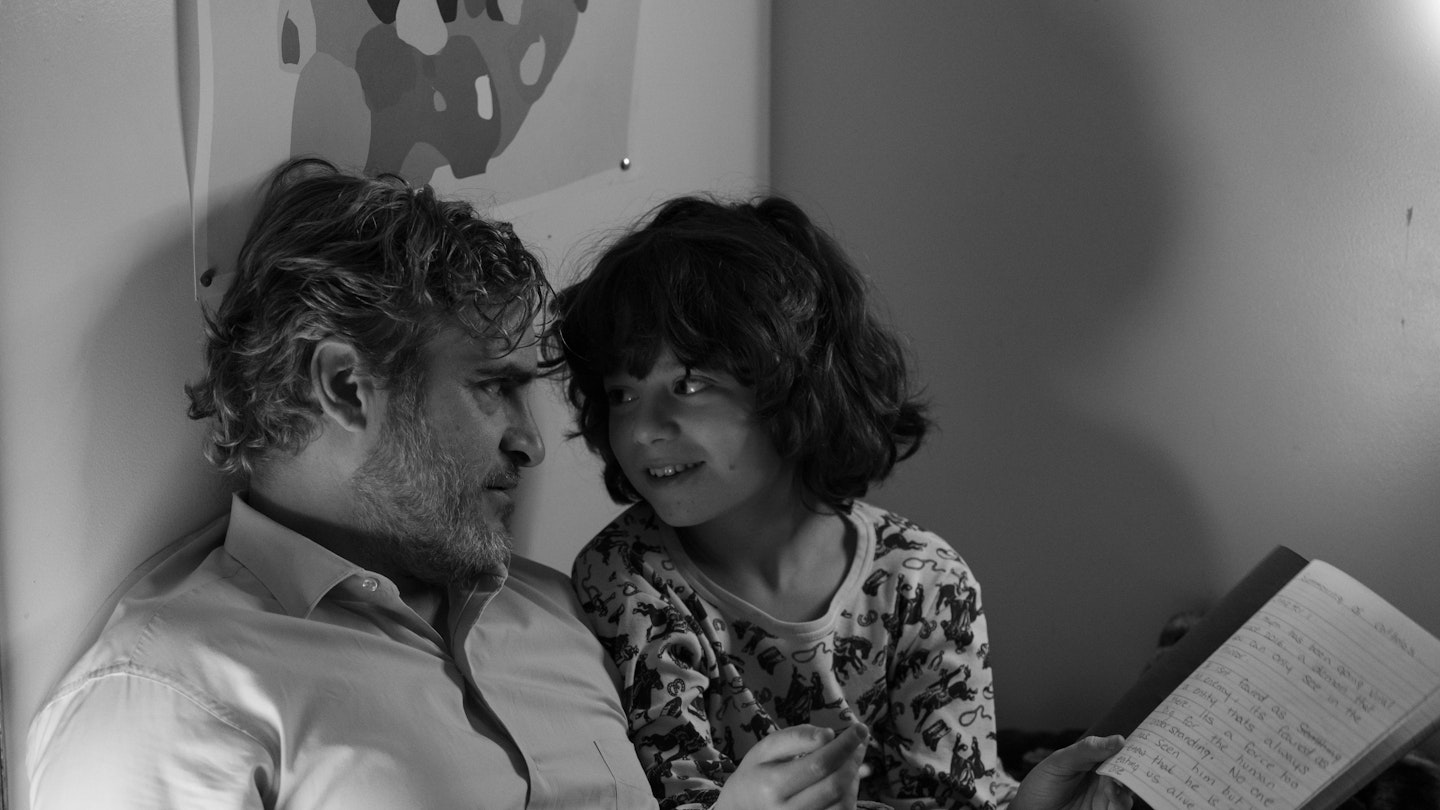Writer-director Mike Mills follows up his Oscar-nominated 20th Century Women with this sensitive black-and-white drama in which Joaquin Phoenix pivots as far away from Joker as humanly possible. For a scrawny, violent sociopath Johnny is not. He’s just a softly spoken, well-meaning guy trying to make sense of the world, and himself, by collating the voices of various young people in Detroit, New York and New Orleans. These interviews provide a purpose and a tension for Johnny; looking after his precocious nephew Jesse (Woody Norman) certainly makes it more difficult to complete the project, but Phoenix's ability to shift between “chill uncle” and “stressed caregiver” is endearing to watch. Such interrogations also add to the wider thematic exploration of the human condition. While the children discuss their fears and the “tragedy” around them, they also seem hopeful about the future, and hope is at this film’s heart.

Phoenix is on delicate form and his chemistry with the confident Norman, and always reliable Gaby Hoffman as Johnny’s sister Viv, feels natural and lived-in. There’s a real, moving sense of honesty, unbridled in the case of Jesse, and moments of humour for balance. Their family dynamic is filled with love, yet resentment creates the friction each adult is trying to smooth out: both in Johnny’s relationship with Viv and Jesse’s relationship with his mother, with the care of a loved one proving to be the catalyst for their disagreements. For Viv and Johnny, their mother’s dementia causes drama, while Viv and Jesse’s discord is due to the frequent absence and instability of Jesse's father Paul (Scoot McNairy) due to his bipolar disorder. McNairy is only in a few short scenes, but these moments communicate the emotional conflict of his mental health and marriage without judgement.
Robbie Ryan’s tender camerawork adds even more intimacy, as do moving vignettes that poignantly point to this family's past to contextualise the strain in their present. But an abundance of flashbacks, interview footage and voice-over does feel overindulgent and makes the film feel, ultimately, protracted.

